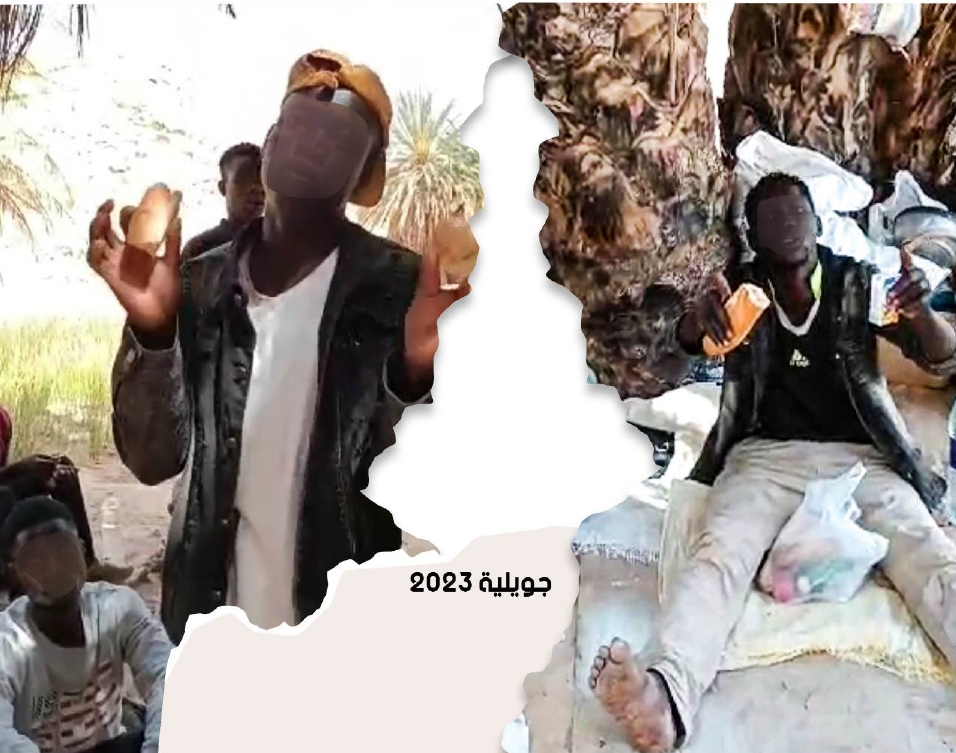al-Mghaṭṭā Valley: An Open Space for Double Absence: A Story of Stranded and Forsaken Migrants at the Margins of the State
Author:
Khaled Tababi
Translated from Arabic by:
Ihsan Mejdi
In the final picture, we see migrants fleeing from war, turmoil, and political upheavals, escaping poverty, hunger, desertification, and injustice. However, the borders have shattered their dreams, hopes, and aspirations. In the picture, children, adolescents, women, and young people united by the same tragedy, yearning for the realisation of the same dream: the dream of freedom and equality.
In their migratory journey, after crossing forests and deserts, the migrants found themselves at the Tunisian-Algerian borders, in the middle of al-Mghaṭṭā valley, surrounded by mountainous terrain and exposed to the scorching sun, in an environment teeming with insects. Thus, the dignity of these human beings was violated twice, starting in their countries of origin, and ending in their host country. They were dehumanized across nationalities, countries, and continents.
In their country of origin, they suffer from injustice, then their right to mobility is violated across continents. In Tunisia, they lived in an open space of what sociologist Abdelmalek Sayad calls double absence[1]. Returning to their homeland means going back to a square of frustration, poverty, war, and deprivation, while staying in Tunisia means sitting atop a volcano.
It is evident that all these events confirm the shortcomings in Tunisia’s path of modernisation. In an era of progress, advancement, technology, and human rights, no one could have imagined that one day we would witness marginalised individuals at the borders: within the valley and among the mountains. Yes, this is in Tunisia, which abolished slavery on January 23, 1846, crafted its constitutional monarchy in 1861, rejected tribalism and sultanic rule following its independence, and witnessed a popular revolution in 2011. Tunisia, with its progressive and democratic values that have been fought for and continue to be fought for across generations, now witnesses the humiliation of migrants. Their stories bear all the pains: stranded and forsaken migrants in al-Mghaṭṭā valley, as a space of double absence.
Populism, especially of the right-wing style, thrives on rejecting migrants and fuelling feelings of hatred and hostility. President Kais Saied follows “a manipulative strategy that addresses emotions instead of minds, presents a frightening picture of the situation and the possibilities of its development. He casts blame on a source of harm and evil while maintaining the ambiguity of this source: the populist does not clearly identify his opponent or enemies, does not mention their names, instead describes them with epithets such as treason, while always stressing his role as the protector of the homeland from conspiracies

 العربية
العربية English
English







